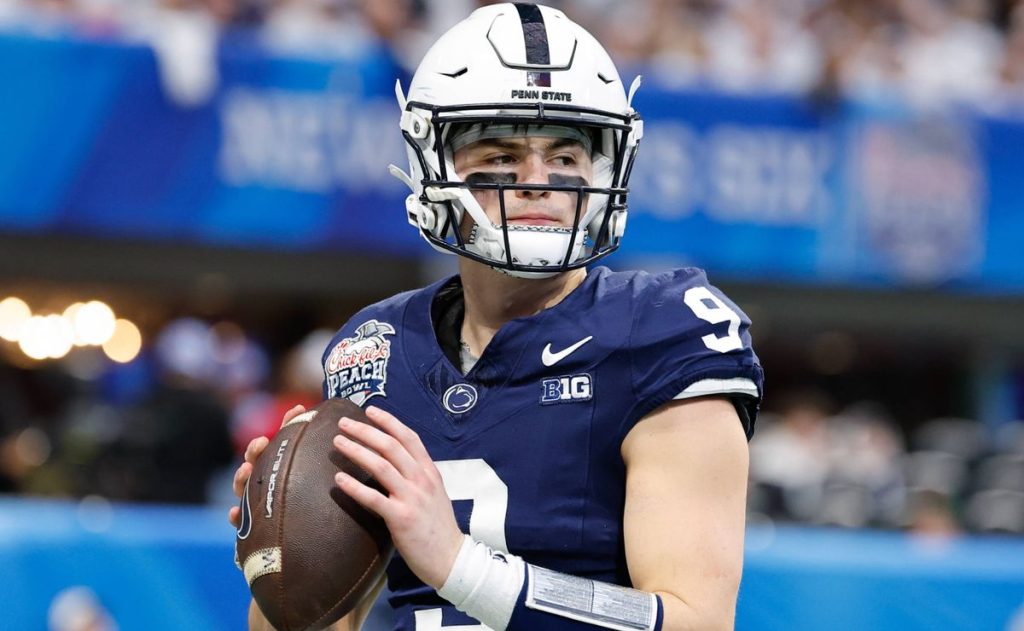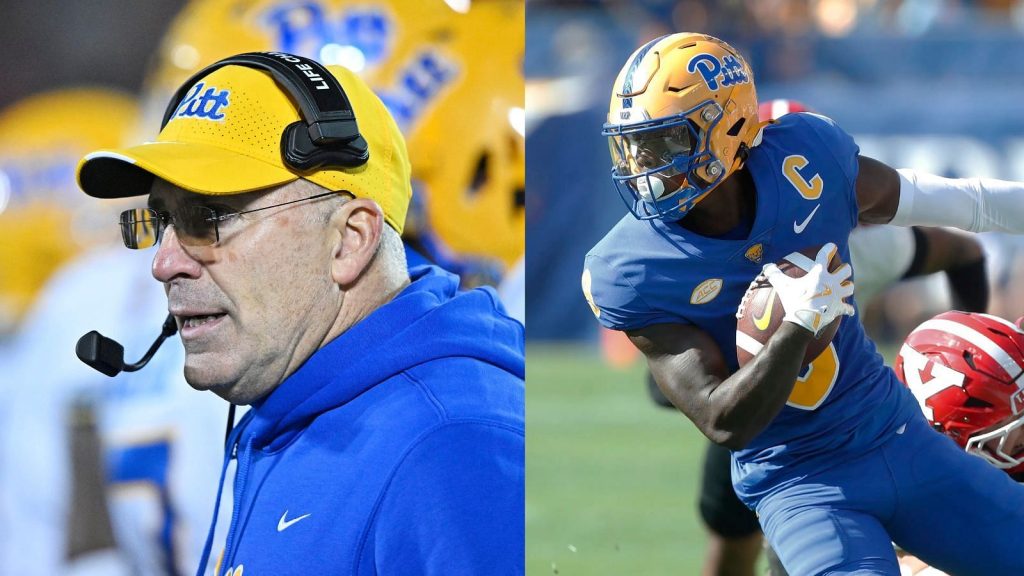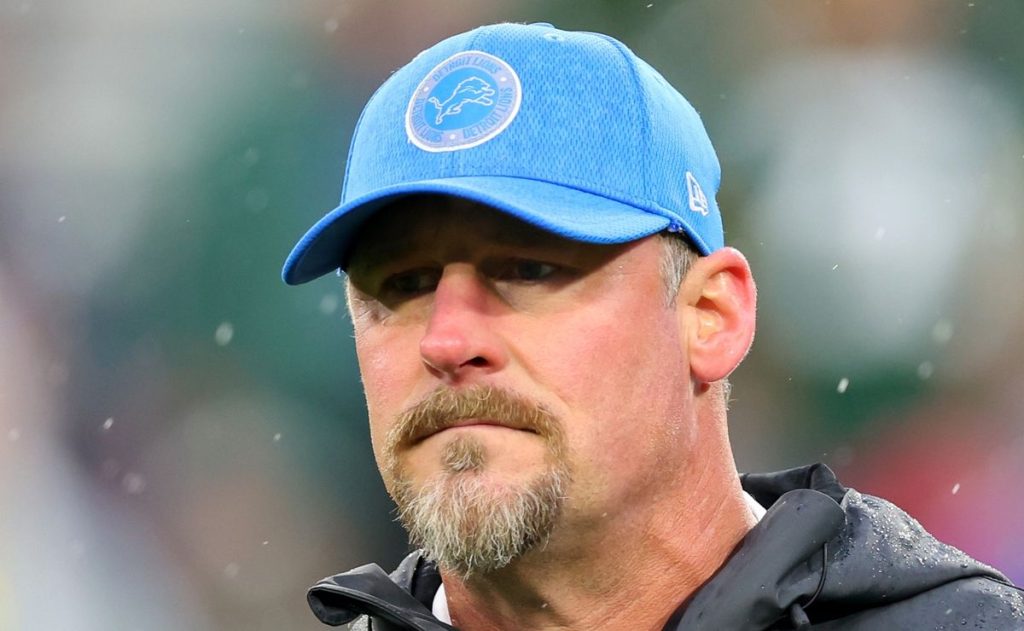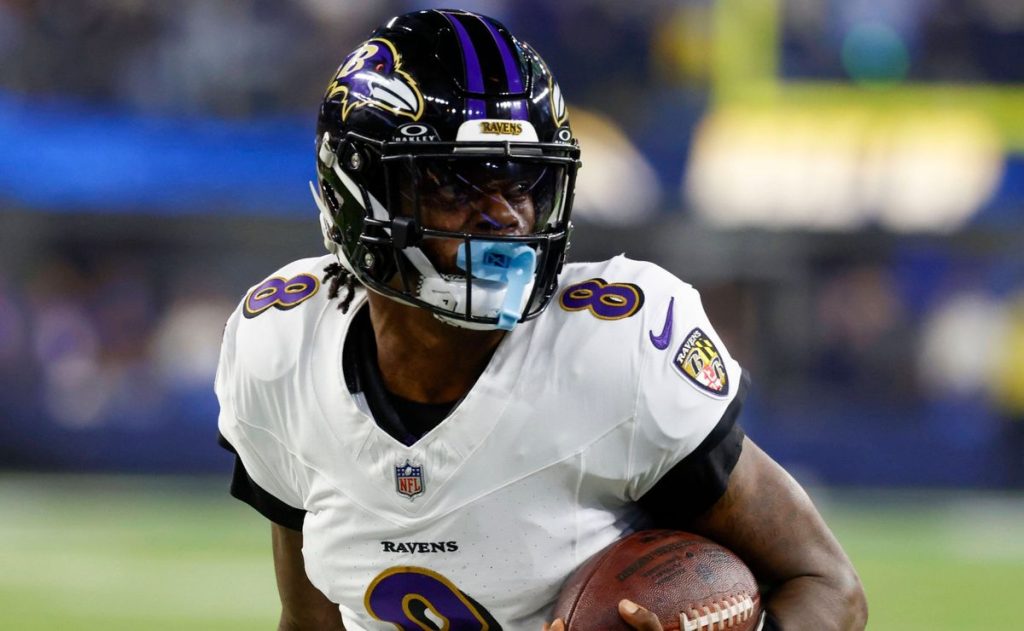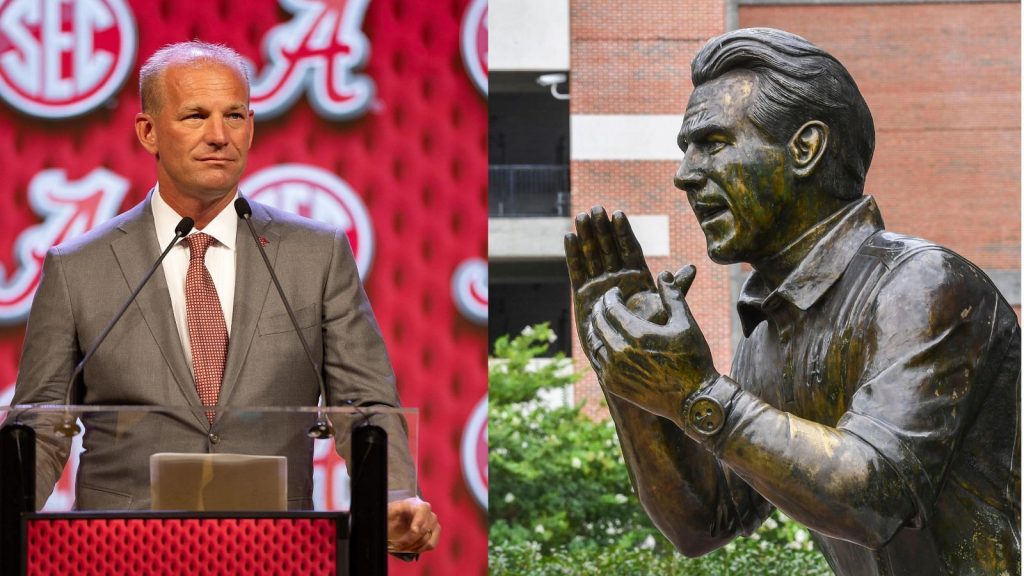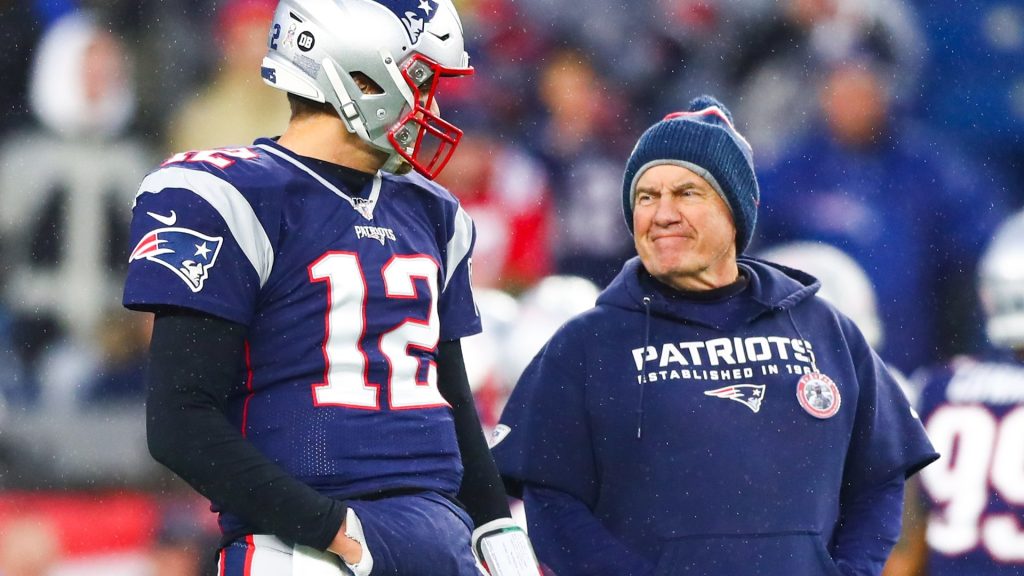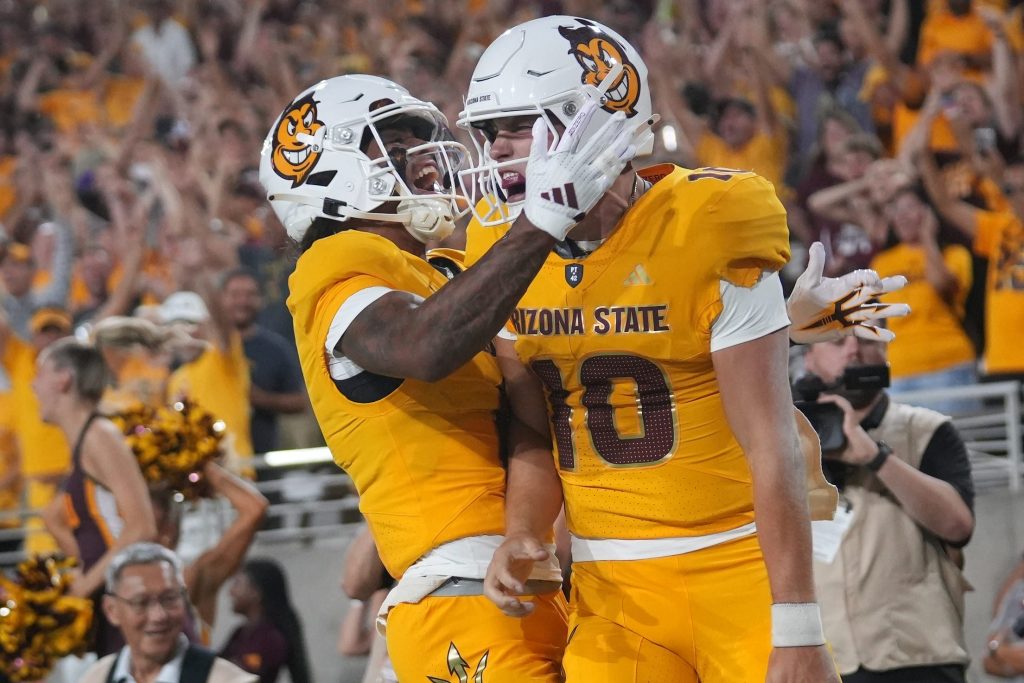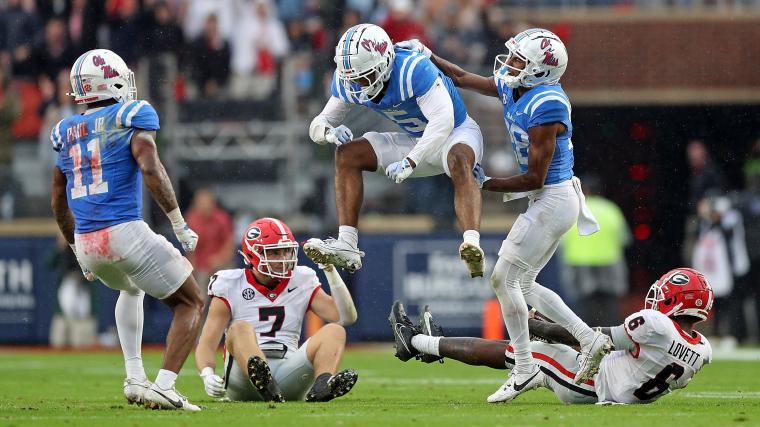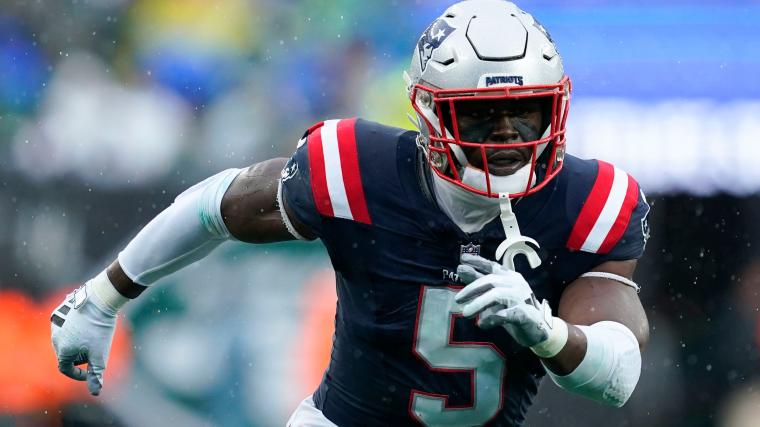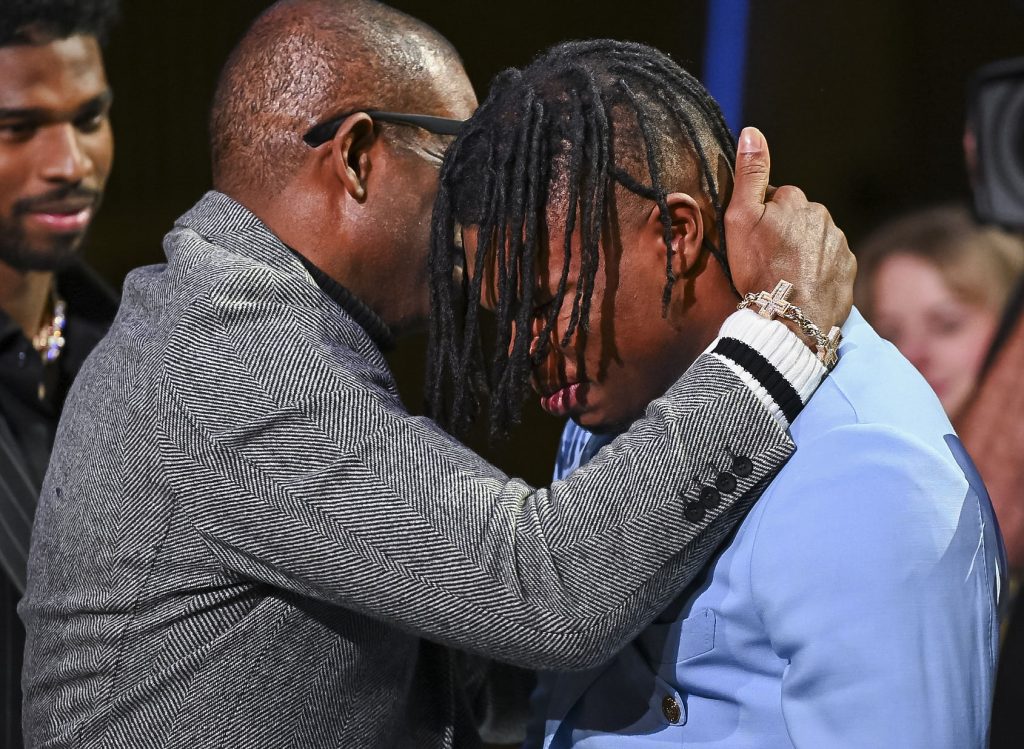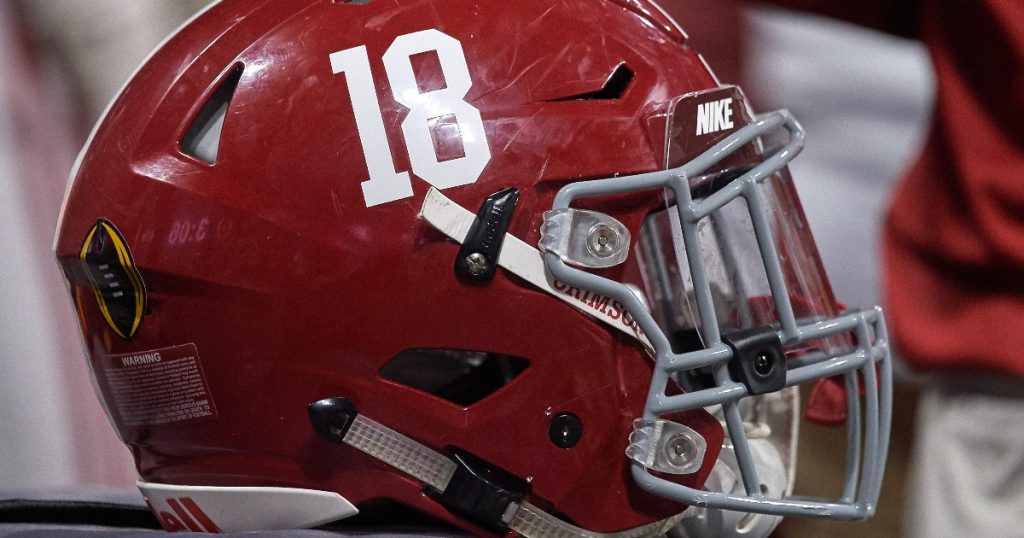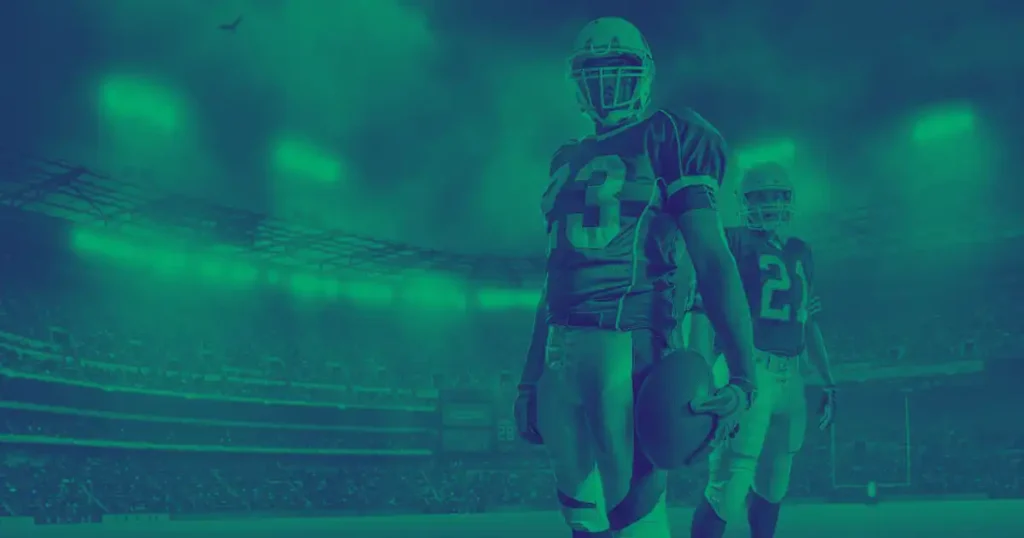The transfer portal in NCAAF has certainly sparked a flurry of moves, and the Penn State Nittany Lions were no exception. Recently, they faced a significant setback as head coach James Franklin lost one of his quarterbacks, Beau Pribula, just ahead of crucial games. This unexpected change has raised eyebrows and prompted Franklin to make some candid remarks about the situation.
The talented quarterback ultimately left Penn State because his spot was already filled by Drew Allar, the player who now holds the starting QB role for the Nittany Lions. In a surprising twist, Allar announced his intention to play the 2025 season, leaving Pribula in a tough position.
When asked about Pribula’s sudden departure, Franklin did not hold back his feelings. He stated, “In my opinion, he’s a man’s man.” Franklin emphasized that Pribula had come into his office multiple times to discuss his future and had no intentions of leaving just a week prior to his decision.
Franklin elaborated on the challenges that the transfer portal presents, saying, “We’ve got problems in college football.” He expressed his disappointment, noting that Pribula felt trapped in a “no-win situation.” The head coach further remarked, “I can give you my word: Beau Pribula did not want to leave our program. And he did not want to leave our program until the end of the season.”
The early departure of Pribula was somewhat unexpected, not only for his coach but also for his teammates. Once his departure was finalized, Franklin expressed his dissatisfaction to the press, stating, “I don’t think it’s in the best interest of the student-athlete.” He raised a fundamental question about the current state of college football: “Who is really running college football and making the best decisions for the student-athletes and for our sport as a whole?”
Franklin continued his critique of the transfer portal system, suggesting that “Beau should not be put in this position.” He proposed potential changes to the college football calendar, such as reducing the number of games or rethinking conference championship games, to alleviate some of the pressures faced by student-athletes. “To have a transfer portal slash free agency going on right in the middle of the playoffs, there’s just a lot of things that don’t really make sense,” he added.
The situation has also drawn criticism from prominent figures in college football. Notably, commentator Kirk Herbstreit weighed in on Pribula’s decision to leave the Penn State program. He acknowledged the complexity of the issue, saying, “It’s easy to blame the players. I think it’s easy to look at it like, ‘How selfish are these guys?’ But I think, if you put yourself in their shoes, I think the calendar and the way it’s set up is difficult.”
Herbstreit expressed confusion over why Pribula felt the need to enter the portal at this time. “I don’t know why he felt the need to be able to enter the portal, but then leave,” he said, questioning the timing of Pribula’s decision. He speculated that perhaps Pribula wanted to explore his options while still being part of the team during the playoffs.
The emotional weight of these changes is palpable. Franklin’s reflections on Pribula’s departure reveal a deeper concern for the well-being of his players. He highlighted the pressure they face, especially at the quarterback position, where competition is fierce and opportunities can slip away quickly.
The Nittany Lions now find themselves at a crossroads. With Pribula’s departure, they must rally around Drew Allar as he takes on the responsibilities of leading the team. The dynamics of the locker room may shift, and the coaching staff will need to ensure that the remaining players remain focused on their goals.
As the college football landscape continues to evolve, the implications of the transfer portal will undoubtedly be a topic of ongoing discussion. Coaches, players, and fans alike are left to ponder the future of the sport. Will changes be made to protect student-athletes? How will teams adapt to the ever-shifting roster landscape?
In the end, the story of Beau Pribula serves as a poignant reminder of the challenges faced by college football players today. As they navigate their careers, the decisions they make can have lasting impacts—not only on their futures but also on the programs they leave behind. The passion for college football remains strong, but the road ahead may require some serious reflection and change to ensure that the best interests of the student-athletes are prioritized.

